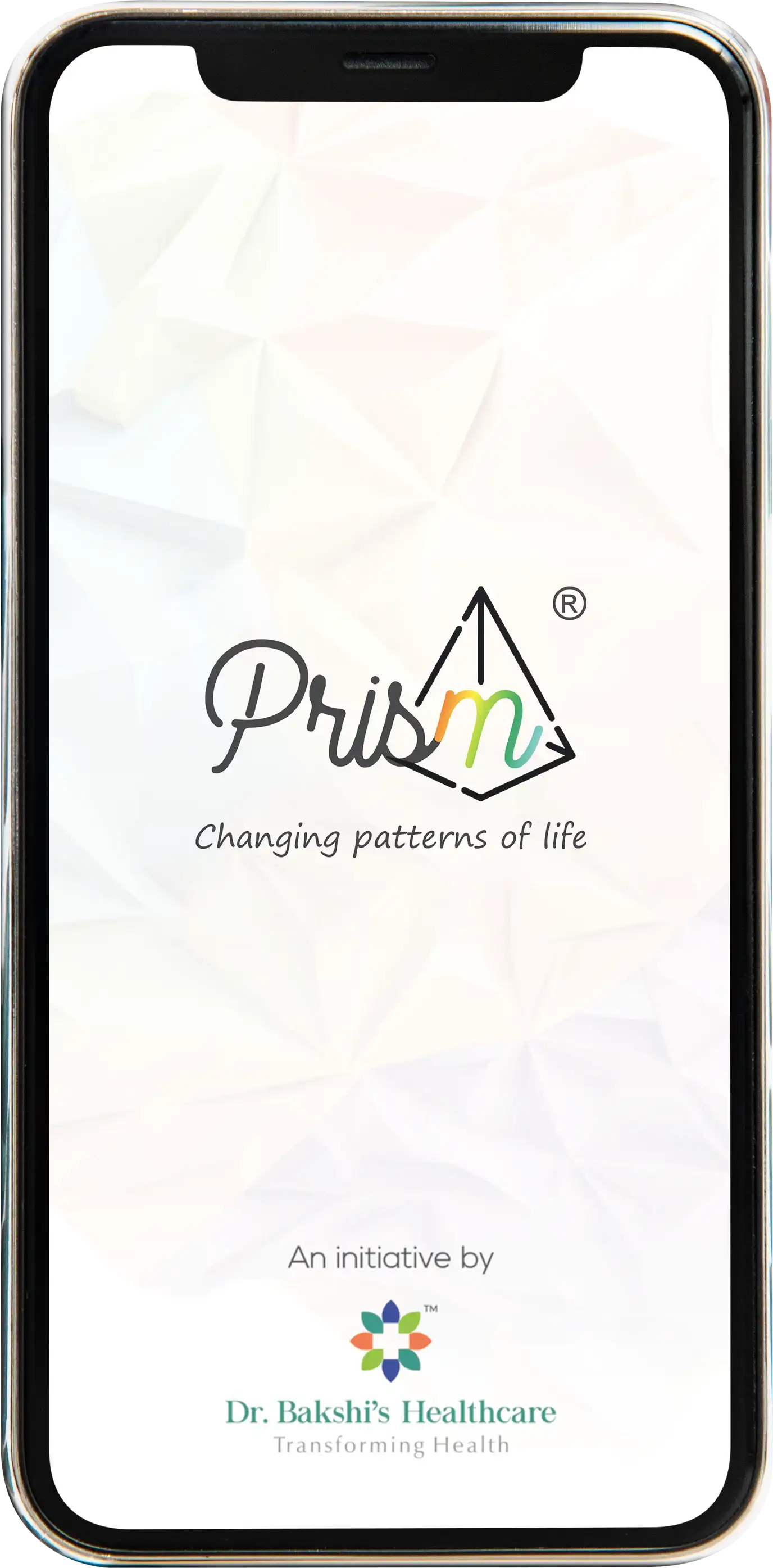
Risk Factors
Signs and Symptoms of Depression
Persistent Sadness
Experiencing deep, prolonged feelings of sadness, emptiness, or hopelessness that persist most of the day, nearly every day.
Loss of Interest
A noticeable lack of enthusiasm or pleasure in activities previously enjoyed, such as hobbies, social gatherings, or even routine tasks.
Fatigue and Low Energy
Feeling physically and mentally drained despite adequate rest, making it challenging to manage daily responsibilities or engage with others.
Difficulty Concentrating
Struggling to focus, make decisions, or recall important details, which may interfere with everyday functioning or conversations.
Changes in Sleep or Appetite
Significant disruptions in sleeping patterns, such as insomnia or oversleeping, and noticeable changes in appetite, including eating too much.
Feelings of Guilt or Worthlessness
Frequent feelings of being a burden, inadequacy, or excessive guilt, often without a clear reason, leading to a diminished sense of self-worth.
Low Self-Esteem and Confidence
A tendency to doubt one's abilities or worth, feeling undeserving of happiness or success, and struggling to see personal strengths.
Negative View of the Future
Believing that life will not improve, feeling stuck in despair, and being unable to envision positive changes or possibilities ahead.
Thoughts of Self-Harm or Suicide
Frequent thoughts of self-harm or suicide indicate a need for immediate attention and professional support.
Depression Screening Tools for Older Adults
If you're concerned that an older adult may be experiencing depression, several screening tools can help identify symptoms and assess their severity. Some of the commonly used tools are:
Why choose Prism?
The Prism Mental Health Application provides a holistic approach to supporting older adults with depression. Its key features include:
FAQs
Signs of depression in older adults can include feeling sad or empty most of the time, losing interest in things you used to enjoy, feeling tired all the time even after resting, having trouble concentrating, or changes in sleep and appetite. If you also feel like life isn’t worth living or have thoughts of harming yourself, it’s important to seek help right away.
Several things can make older adults more likely to experience depression, such as having long-term health problems (like heart disease or arthritis), being isolated from others, dealing with the loss of loved ones, having limited mobility, or worrying about finances. These challenges can make it harder to stay positive and healthy.
If someone you care about is struggling with depression, try to listen to them, encourage them to seek help from a doctor, and offer support. You can also help by suggesting activities to stay socially engaged or helping with daily tasks. Reaching out to a healthcare provider can lead to a treatment plan that works for them.
If one is feeling persistently sad, withdrawn, or has trouble managing everyday tasks, it's important to seek help. If they talk about harming themselves or feel hopeless about the future, immediate attention is necessary. A healthcare provider can evaluate their symptoms and suggest a treatment plan.
Yes, there are special tests to help detect depression in older adults. Tools like the Geriatric Depression Scale (GDS) and the Beck Depression Inventory (BDI) help doctors understand the severity of symptoms and guide treatment.
Yes, therapy, particularly cognitive behavioral therapy (CBT), can be very effective in treating depression. It can help older adults understand and change negative thought patterns, improve coping skills, and enhance emotional resilience.
Yes, regular physical activity, maintaining a healthy diet, and getting enough rest are all beneficial. Staying socially engaged and practicing stress-relieving techniques like meditation or mindfulness can also help manage symptoms.
Recovery time can vary depending on the individual and the severity of the depression. It’s important to be patient and follow the treatment plan. Some people may start to feel better within a few weeks, while for others, it may take longer. Consistency in treatment and self-care is key to managing and improving mental health.
Social isolation is a big risk factor for depression. If you feel lonely or disconnected, it can make depressive feelings worse. Staying connected with family, friends, or community groups can help reduce isolation and improve your mood.
Prism is a helpful tool for older adults managing depression. It allows you to track your moods, access therapy sessions from home, and get tips to manage symptoms. You can also monitor your progress, and Prism provides feedback to help you feel better over time.




